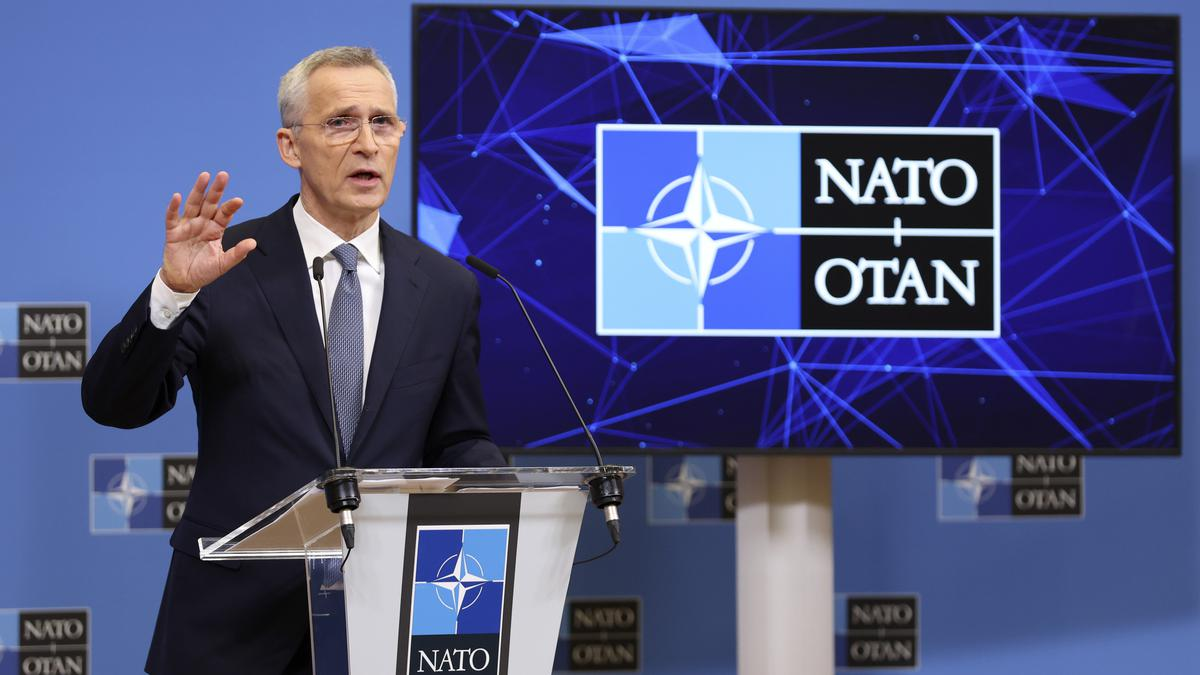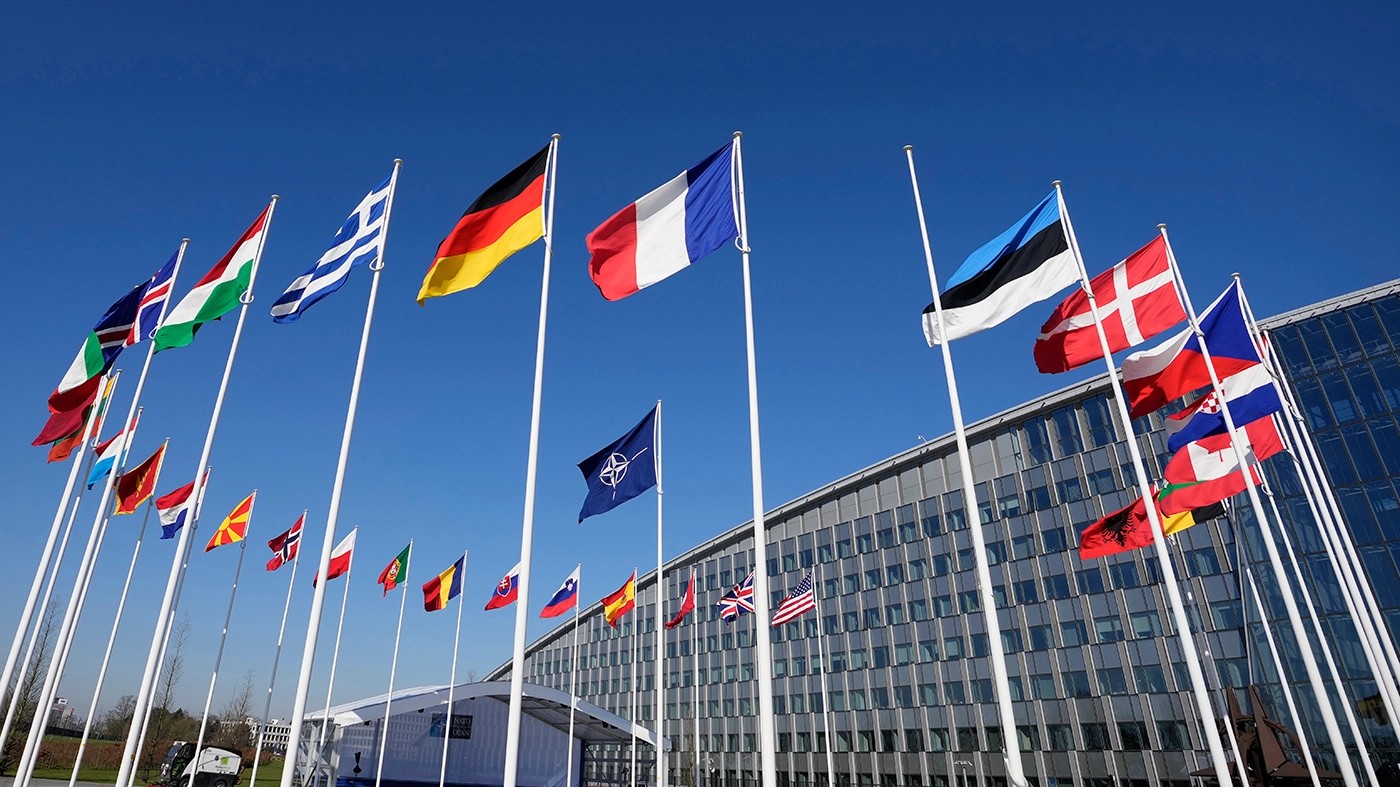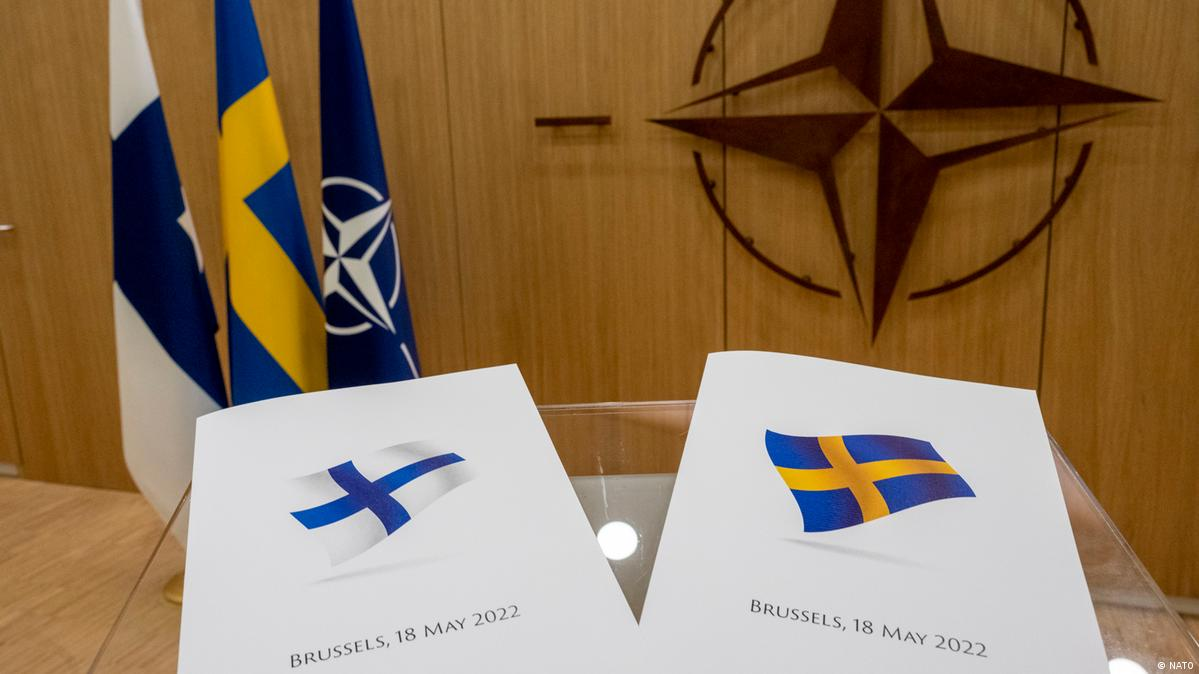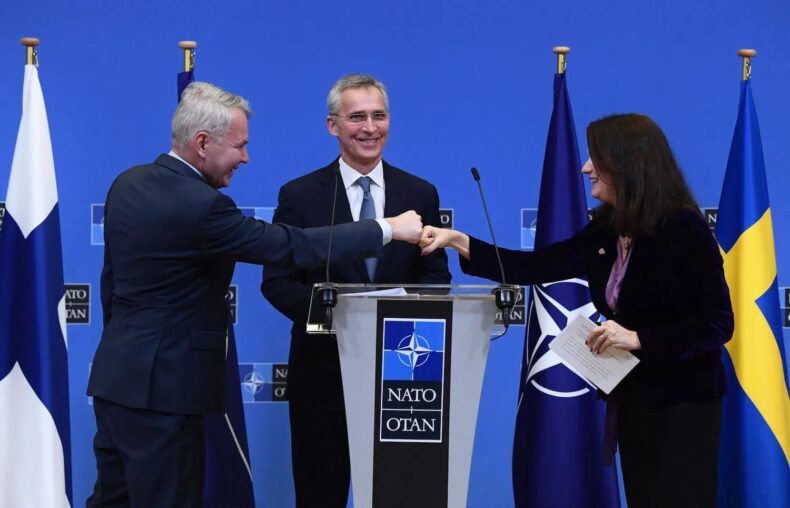According to NATO Secretary-General General Jens Stoltenberg, Finland will become the organization’s 31st member in a historic move. The announcement, made at a press conference in Brussels, represents a significant shift in Finland’s foreign policy, which has long been non-aligned. With this decision, Finland joins a powerful military alliance that has played an important role in shaping the world’s geopolitical landscape. While this move may strengthen Finland’s security, neighbouring countries, including Russia, are concerned.
Mr Stoltenberg stated that Turkey, the final country to ratify Finland’s membership, will present the official texts to US Secretary of State Antony Blinken during the NATO Foreign Ministers meeting on Tuesday in Brussels.
Mr Stoltenberg stated that he would then extend an invitation to Finland to do the same.
On Tuesday afternoon, the Finnish flag will be raised alongside the flags of the other NATO members at the headquarters.

Image source:The Hindu
Table of Contents
Finland and NATO history over the years
Finland has long practised neutrality and non-alignment. Known as the Paasikivi-Kekkonen doctrine, Finland maintained a policy of neutrality between the Western and Eastern blocs during the Cold War. During this time, Finland was one of the few European countries that maintained good relations with both the Soviet Union and the West.
After the fall of the Soviet Union in the 1990s, Finland began to consider closer ties with NATO. Finland, however, did not pursue membership in the alliance due to concerns about maintaining good relations with Russia. Finland, on the other hand, joined Partnership for Peace program in 1994 and has since participated in several NATO-led peacekeeping missions.
Finland has deepened its cooperation with NATO in recent years, including by hosting joint military exercises and increasing its participation in its operations. However, Finland maintains its non-alignment policy and has not applied for membership.
Overall, Finland’s relationship with NATO has been marked by prudence, as the country seeks to balance its security interests with its desire to maintain good relations with its neighbours, including Russia.

Image source: The Hill
Finland joints NATO
On Tuesday, Finland became the 31st member, marking a historic strategic shift. This move was precipitated by Moscow’s war in Ukraine, which resulted in a doubling of the alliance’s border with Russia
The Kremlin’s all-out invasion of Ukraine last year had a significant impact on Europe’s security landscape, prompting Finland and its neighbour Sweden to abandon their decades-long non-alignment policy. Despite their eagerness to join NATO, Finland’s bid has been hampered by awkward allies Turkey and Hungary, while Sweden’s progress towards membership has stalled.
Nonetheless, the Turkish parliament recently voted to remove Finland’s final barrier to their membership. Finland’s ratification process for NATO membership has become the quickest in the alliance’s recent history, taking less than a year. The highly choreographed formalities at the headquarters on Tuesday were the only remaining step towards Finland’s membership.
The formal accession papers will be handed over by Finland’s foreign minister to US Secretary of State Antony Blinken, the keeper of Nato’s founding treaty.
Then, in front of the gleaming headquarters in Brussels, the country’s blue-and-white flag will be raised alongside those of its new allies, of Estonia and France.
“This is a truly historic day. It’s a fantastic day for the alliance, NATO Secretary-General Jens Stoltenberg stated.
Joining Nato binds Finland to the alliance’s Article Five, which states that an attack on one member “shall be considered an attack against them all.”
As they watched Russian President Vladimir Putin’s devastating assault lay waste to swaths of Ukraine, Finnish leaders decided they needed this guarantee.

Image source: DW
Sweden to join too?
Nonetheless, Finland’s arrival is bittersweet for the alliance, as it had hoped for Sweden to join at the same time.
After belatedly agreeing to wave through Helsinki’s bid, Budapest and Ankara remain the holdouts.
The diplomats are keeping a close eye on Sweden’s relations with Hungary and Turkey. Sweden’s concern about the rule of law in Hungary has irritated Hungarian Prime Minister Viktor Orban, one of Putin’s closest European allies. Furthermore, Turkey is enraged by Sweden’s refusal to extradite suspects in connection with the failed coup attempt in 2016 and the Kurdish independence struggle.
As a result, NATO diplomats are hoping that if Turkish President Erdogan survives the May elections, Sweden will be able to resolve its differences with Hungary and Turkey in time to join the NATO summit in Vilnius in July. Sweden’s accession to NATO would be a significant development, especially in light of Finland’s recent accession, and would significantly increase the alliance’s presence in Northern Europe.












